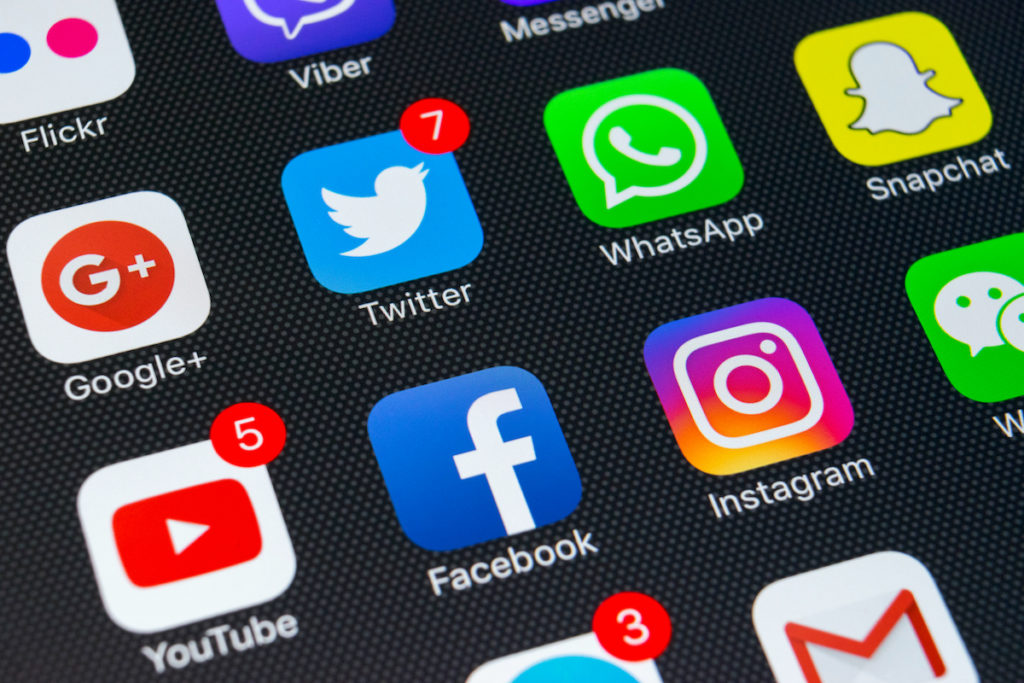Cabin fever. It’s what happens when you’re stuck indoors and in isolation for a long time. The best example would be Jack from Stephen King’s “The Shining.” Though your story might be different from Jack’s, cabin fever can drive you restless and leave you to dissociate, nonetheless. Here are three tips to help you cope and set a rhythm while trying to survive to be alone:
-
Set a schedule
This sounds easy. You’ve done it before, but since people are encouraged to practice social distancing, the concept of time might have been warped. It might be difficult to keep track of time or even the days.
One effective way to set a schedule is to put it on paper. Write it to reality. This way, it becomes tangible and more plausible. It also motivates you to tick off an item on your to-do list, creating a sense of accomplishment throughout the day. By setting a schedule, you can keep track of time better.
-
Have a definite sleeping pattern
Apart from setting a schedule for the tasks of the day, it’s good to establish a time for sleep and be consistent with it. Sleep is essential for the body to function properly throughout the day. A good night’s sleep helps boost cognitive functions, metabolism, rejuvenation, and more. Here are ways to have a good sleep schedule:
-
Avoid using electronics 30 minutes before sleeping.
The light from electronic devices can affect your circadian rhythm, making it more difficult to fall asleep. It can also engage your brain with unexpected conversations with people or simply taking in information from posts.
-
Try to slow down before going to sleep.
Getting ready for bed an hour before you plan to fall asleep is ideal. Taking a shower, doing skincare routine, meditating, reading, and doing other things to calm you down would greatly help with catching those Z’s early. Additionally, avoid exercising three hours before bedtime, as exercising can give an energy boost.

-
Limit social media use
While social media is an increasingly useful tool to stay connected, it can also be a source of dissatisfaction. Studies show that excessive social media use can lead to feelings of loneliness, anxiety, and depression. By limiting your use of social media, you have more time to focus on yourself and your well-being. According to Vox’s video on phones being designed to be addicting, they enumerated a few ways to trick yourself into putting down your phone:
- Set the screen to black-and-white. This disables apps from using color psychology to keep using your phone.
- Turn off notifications that aren’t about direct communication so that you won’t fall into the trap of seemingly important and interesting updates.
These steps are ways to stay healthy, mentally, and physically. Along with these, eating healthy and exercising always have amazing benefits to the body and can help combat lethargy while staying at home. On top of that, don’t forget to have regular check-ups (though online) with your gastroenterologist, dermatologist, and general health doctor to ensure that you are on prime health. Just because you’re stuck at home doesn’t mean you can neglect your health.
